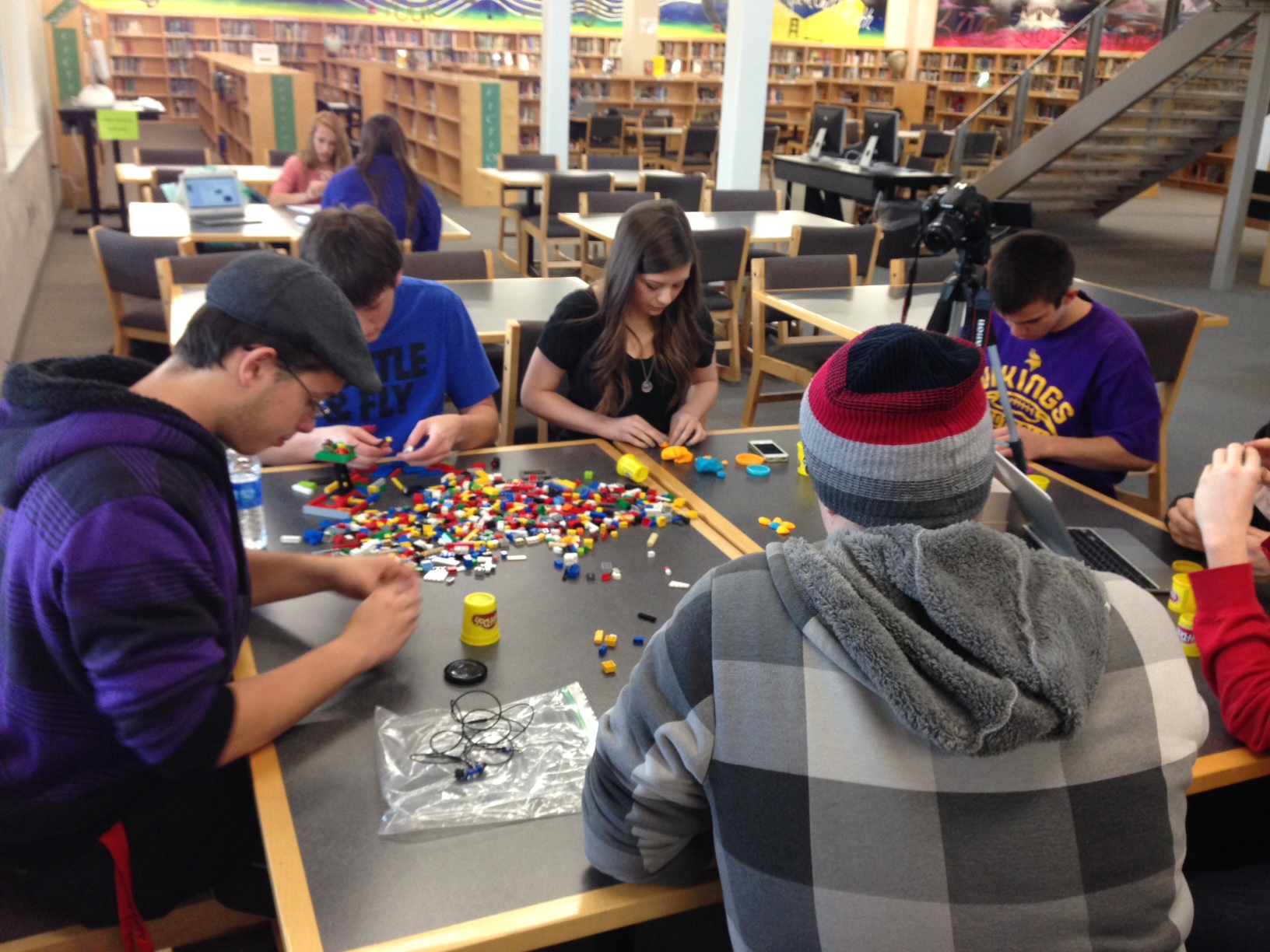The “UGLY DUCKLING”: MUSEOLOGICAL REFLECTIONS ON THE FIRST BRAZILIAN COMPUTER
reflexões museológicas sobre o primeiro computador brasileiro
DOI:
https://doi.org/10.22478/ufpb.1809-4775.2023v19n4.68703Abstract
The history of computing and studies on digital electronic computers spans countries, the United States and the Soviet Union, featuring the construction of revolutionary machines: Electronic Numerical Integrator Computer - ENIAC and Small Electronic Calculation Machine - MESM, respectively. In the Brazilian scenario, it did not happen differently, this objective work presents the first Brazilian computer, the result of a project at the University of São Paulo (USP). As a methodology, using bibliographical research, the results point to the importance of the “ugly duckling” for Brazil as a heritage of science and technology.
Downloads
Download data is not yet available.
Downloads
Published
2024-03-03
Issue
Section
Review articles













